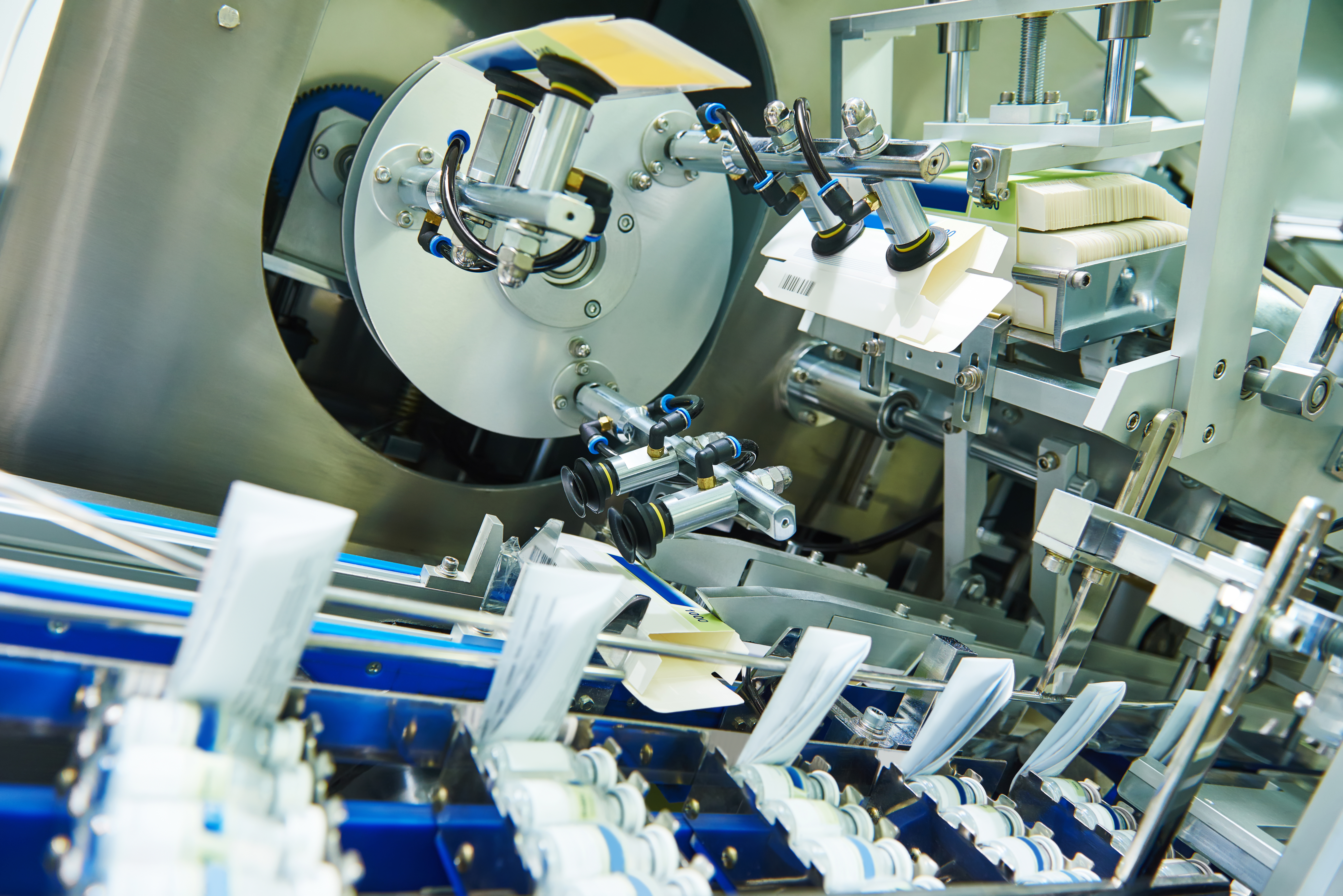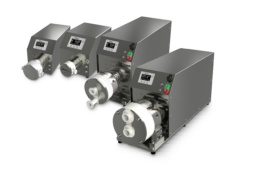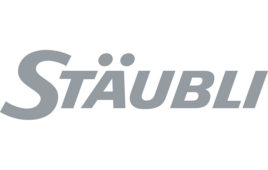
As anyone who deals with secondary packaging knows, they take up a lot of space. When asked by your boss to estimate the size of your new planned packaging line, the expression on his face when you say, “3,000-6,000 square feet” is priceless. The next question is usually, “Why is it so big?” Simply put, not only are these machines big, but they require ample space for pallets of input components to feed the machines.
Take for example, Oral Solid Dose (OSD) bottle lines. Not only do you need equipment or space for unscrambling, desiccant feeding, tablet counting, cottoning, capping, induction sealing, retorqueing, labeling, cartoning, bundling, case packing and palletizing (that’s 12 machines/work stations if you were counting), but you also need pallets of bottles, tablets, desiccants, cotton, labels, cartons, inserts and cases.
And if you’re looking for a quick changeover of that line, all of those components are duplicated in a staging area immediately outside the packaging suite waiting to be brought in for the next lot.
So what are some techniques to save on floor space when it comes at a premium in your facility? One interesting concept is to go up! Sometimes, your packaging suites are taller than needed. It’s not uncommon for the tallest piece of front-end packaging machinery to be less than 6 feet tall. And with these machines, your components are currently loaded into elevated hoppers built into the equipment; think bottles, desiccants, tablets and caps.
What if you put a mezzanine above part of your packaging line? The hoppers could be extended up to an opening in a 7- or 8-foot ceiling where components are gravity fed into their respective machines below. Now you’ve removed a few pallets from the packaging floor. This not only saves the direct pallet space, but also decreases the clearance required for pallet transport immediately around the equipment.
The mezzanine concept can be expanded further to accommodate your staging area. Put your next-batch queuing up there too and you’ve cleared out your hallway.
If you’ve got floor-to-ceiling heights in your rooms that are 14 feet or over, this is a real consideration to save some floor space. It won’t cut your space down to the estimate your boss was thinking, but you will be able to reclaim some of the space recently consumed by your brand new serialization print and inspect stations.
(Source: IPS – Integrated Project Services, LLC)



